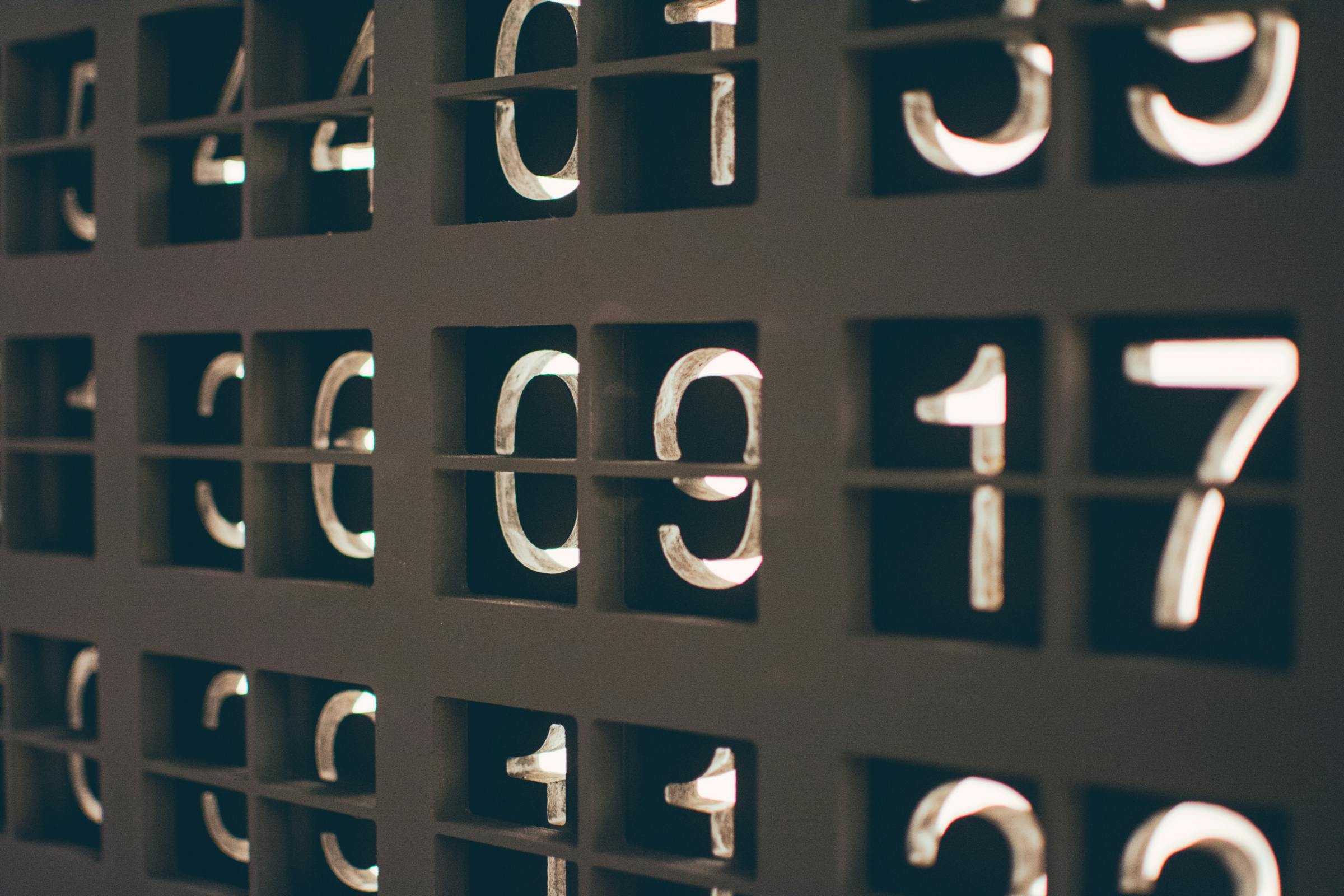By the Numbers
There’s no denying this year was a banner year for H-1B registrations. FY 2023’s was already record-setting at 483,927. FY 2024’s 780,884 brought an increase of 61% over the past year.
Only 85,000 visas are available annually: 65,000 in the general categories plus 20,000 for those with advanced degrees. When the registrations exceed that number, a random lottery process is automatically held to select those individuals who are allowed to submit complete applications.
This doesn’t guarantee approval, as USCIS goes through a thorough background screening of the employer and intended beneficiary before an H-1B status is given. However, as of right now, the denied visas enter a sort of muddy state. They’re technically available, but they don’t always go back and offer these open visas to others who weren’t selected in the lottery.
Although it’s not “breaking the lottery law” to submit multiple registrations for the same individual under different employers due to more than one job offer, this isn’t necessarily what’s going on, according to USCIS. Only 14.6% of registrations were eligible in FY 2024, compared to 26.9% in FY 2023 and FY 2022’s 43.8%. Currently, USCIS holds concerns that the high number of beneficiaries with multiple registrations reflects a pattern that many are trying to work together to submit registrations that follow the letter of the law, if not the intent. This increases the individual’s chances of selection at the expense of those who are following the letter and intent.
Attestations and Denials
Potential petitioners (employers who sponsor a beneficiary and the beneficiary) must sign an attestation that swears, under penalty of perjury, that the registration is legitimate. The job offer is valid, and the entity registering hasn’t colluded with anyone else to unfairly increase the selection chances of the beneficiary.
If USCIS suspects or discovers a false attestation, officers can deny the petition and refer the matter further to federal law enforcement agencies for further action. FY 2023 and FY 2024 cap seasons have already resulted in denied and revoked petitions and the early steps of criminal prosecution.
The good news is that you may have another chance if you weren't selected in the FY 2024 lottery. USCIS has reported that they may run a second lottery if there are enough rejected registrations.
In the Future
The H-1B lottery process will likely look different next year between administrative action and regulation changes. The need for H-1B visas is obvious to lawmakers and citizens as part of the immigration system and America's economy in an already lacking labor market. The H-1B gaps must be fixed.
Options on the table now include limiting the lottery to focus on unique passport numbers so that an individual can have multiple job offers but only one lottery registration. Right now, the lottery is drafted by petition and, therefore, by the employer. Should the individual's passport number be selected, they would select which job offer to take.
This doesn't solve the problem of the low cap on visa registrations. The 85,000 limit is obsolete as hundreds of thousands of eligible registrations enter the lottery yearly. Three out of four legitimate, valid petitions still need to be selected, leaving the US economy short and 75% of people willing and able to do the job back at the drawing board.
Aside from reforming the low limit, the most significant obstacles to this problem include the per-country limit of 7% and the employment-based green card backlog. If the US wishes to secure the country's top talent, these policies must be addressed.
What’s Next?
The H-1B system isn’t perfect, but it does help thousands of people like you each year find skilled workers or employers willing to sponsor them. Working with immigration attorneys experienced in H-1B visas, like those of us at Visa2US, is your optimal path to an employment-based visa.
Contact our office today to see how we can help you get and stay in the United States. Our representatives are available 24/7 to assist you!














